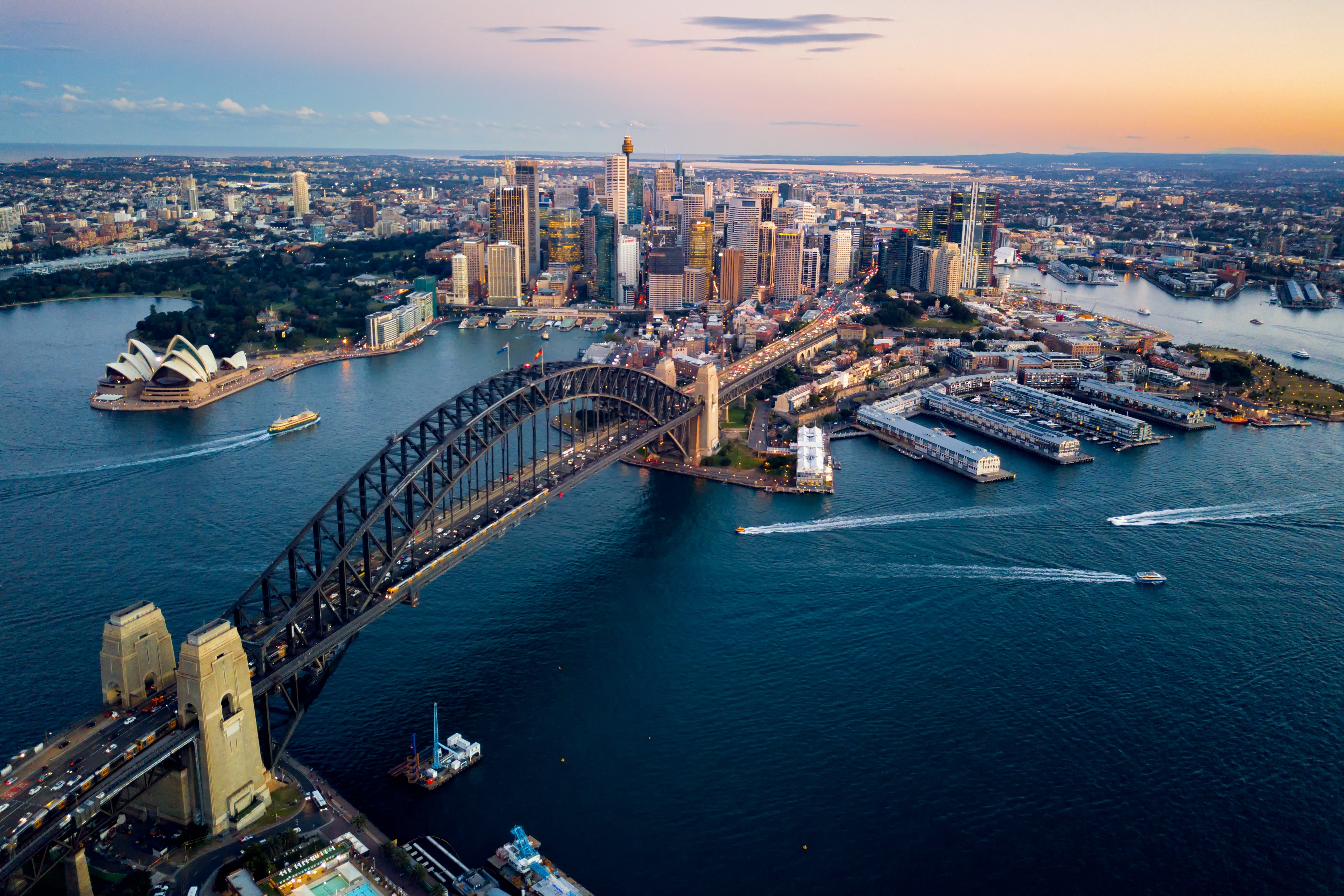Australia delays border reopening in response to omicron threat
International travellers must wait another two weeks

Your support helps us to tell the story
From reproductive rights to climate change to Big Tech, The Independent is on the ground when the story is developing. Whether it's investigating the financials of Elon Musk's pro-Trump PAC or producing our latest documentary, 'The A Word', which shines a light on the American women fighting for reproductive rights, we know how important it is to parse out the facts from the messaging.
At such a critical moment in US history, we need reporters on the ground. Your donation allows us to keep sending journalists to speak to both sides of the story.
The Independent is trusted by Americans across the entire political spectrum. And unlike many other quality news outlets, we choose not to lock Americans out of our reporting and analysis with paywalls. We believe quality journalism should be available to everyone, paid for by those who can afford it.
Your support makes all the difference.Australia has announced it will delay the planned reopening of its borders to international travellers, set for 1 December, by at least two weeks.
The decision was taken by the government after the country identified its first cases of the omicron variant of coronavirus, which is causing nations around the world to tighten entry restrictions.
Australian Prime Minister Scott Morrison had previously announced that the country would open up to foreign visitors with eligible visas – including refugees, students and those on the popular working holidaymakers visa – from 1 December.
Scott Morrison listed them as: “Eligible visa holders, including skilled and student cohorts, as well as humanitarian, temporary, working holidaymaker and provisional family visa holders.”
However, after an emergency meeting between Mr Morrison and his national security committee, the decision was taken to postpone the lifting of the travel ban, based on advice from the chief health officer.
“The temporary pause will ensure Australia can gather the information we need to better understand the omicron variant, including the efficacy of the vaccine, the range of illness, including if it may generate more mild symptoms, and the level of transmission,” Mr Morrison said in a statement.
It is the latest country to take measures in response to the omicron variant, which was first sequenced in South Africa.
It is classed as a “variant of concern” due to fears that it could prove more transmissible than the delta variant and could evade the protection offered by current vaccines.
Israel and Japan have closed their borders, while Morocco has banned all inbound flights; the UK has reimposed the requirement for all arrivals to have a day two PCR test, with a new stipulation that travellers must self-isolate until they receive a negative result.
Ten African destinations have also been added to the UK’s travel red list.
After several cases of omicron were detected in England, Switzerland imposed a 10-day quarantine on all UK arrivals. Meanwhile, Spain has said only fully vaccinated Brits will be permitted into the country.
Join our commenting forum
Join thought-provoking conversations, follow other Independent readers and see their replies
Comments